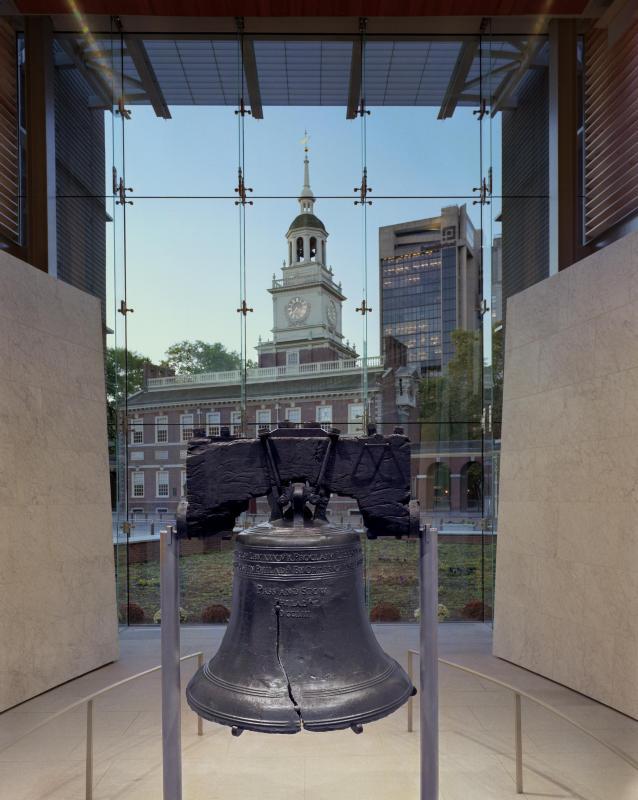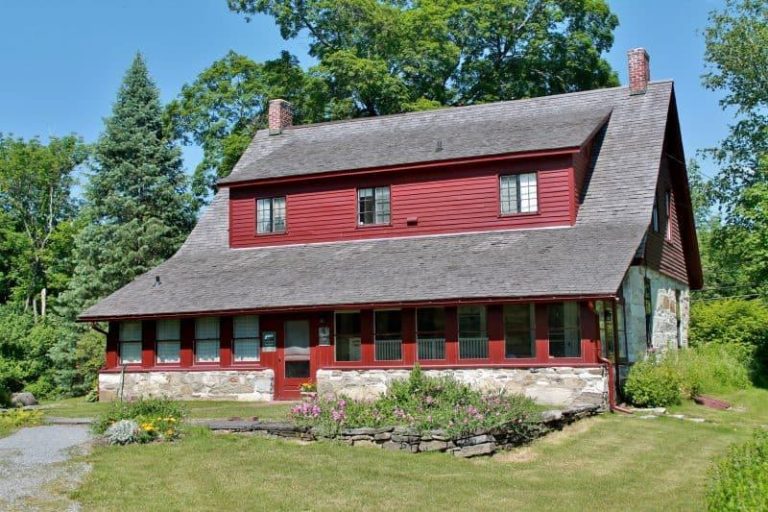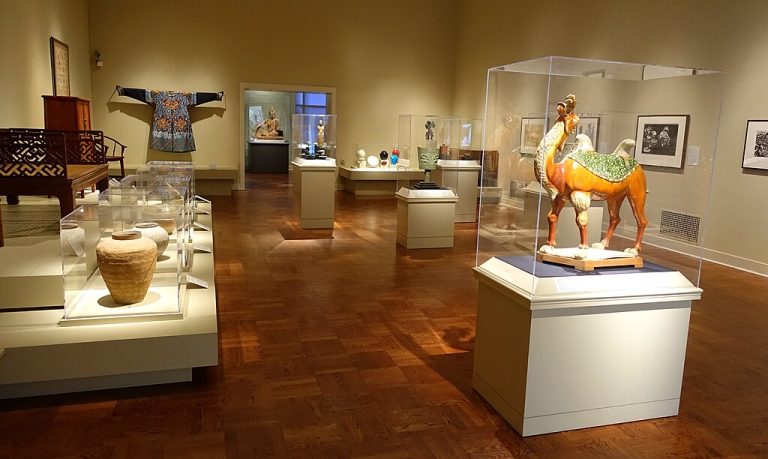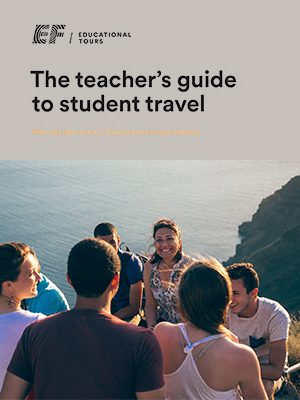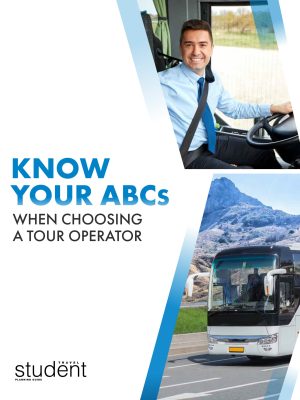As educators guiding the next generation into their roles as active citizens, you have a unique opportunity to illustrate the practical workings of our democracy through immersive experiences. A field trip exploring Boston’s civic institutions offers an ideal setting for this educational journey.
This outline is designed to help you plan a field trip from which students will better understand how government and public services function together to maintain and enhance our society. Each stop on this trip demonstrates the pillars of our community, including law enactment, local governance, safety and emergency response, and the role of public information and education.
By the end of this journey, your students will have a better understanding of how each sector supports the others and also be inspired to think about how they can contribute to their communities in the future.
Field Trip Outline:
- Start at the Massachusetts State House: The Heart of Government
- Objective: Understand the legislative process and the role of state government in shaping community policies.
- Activity: Begin with a guided tour focused on the historical and functional aspects of the State House. Follow with a mock legislative session where students can role-play as legislators, introducing and debating a bill that addresses a community issue they care about
Jump to our sample of this activity. - Connection to Theme: This stop shows students the first pillar of civic engagement—government decision-making and law enactment.
- Visit to Boston City Hall: Local Governance in Action
- Objective: Explore how local government impacts daily community life.
- Activity: Tour City Hall, focusing on how different departments interact to manage city affairs. Include a Q&A session with a city official to discuss real-life challenges in local governance.
- Connection to Theme: Students see the second pillar—local governance and its direct impact on their neighborhoods and schools.
- Tour a Local Police or Fire Station: Safety and Emergency Services
- Objective: Demonstrate the role of emergency services in public safety and community assistance.
- Activity: Visit a station for a tour and demonstrations of equipment. Engage in discussions with first responders about their day-to-day duties and the importance of public safety in civic life.
- Connection to Theme: This stop highlights the third pillar, emphasizing the importance of safety and emergency responses as a civic responsibility.
- Explore the Boston Public Library: Access to Information
- Objective: Show how access to information supports an informed and engaged citizenry.
- Activity: Participate in a library-led activity using resources to research a civic issue or historical event. Conclude with presentations or a group discussion on what they learned.
- Connection to Theme: The library represents the fourth pillar, underscoring the role of public information and education in fostering informed community participation.
- Reflective Wrap-Up at a Historical Civic Site: Connecting Past and Present
- Objective: Tie historical perspectives to modern civic responsibilities.
- Activity: End the trip at a significant historical site relevant to government or civic action (part of the Freedom Trail, for example). Use this setting for a reflective discussion on how the past has shaped current civic duties and what students envision for the future of their community.
- Connection to Theme: This final stop bridges all pillars, helping students connect historical lessons with contemporary civic roles and responsibilities.
Activity Breakdown: Adding a Mock Legislative Session to the Field Trip
Integrating a mock legislative session into your visit to the Massachusetts State House can significantly enhance students’ understanding of the legislative process and actively engage them in civic responsibilities. Here’s a sample of how to organize this session, making the experience both educational and memorable for your students.
Preparation Before the Visit:
- Research and Preparation: Assign students the task of researching current local or state issues a few weeks before the visit. Each student can choose an issue they are passionate about, such as environmental conservation, education reform or public health.
- Bill Drafting: Guide students to draft a simple bill proposal related to their chosen issue. This activity should include defining the problem, proposing a solution and outlining the potential impacts of the legislation.
Conducting the Mock Session:
- Role Assignment: At the State House, divide the students into various roles: legislators, committee members, lobbyists and reporters. This will give them a perspective on the different stakeholders involved in the legislative process.
- Opening Remarks: Start the session with a brief introduction by a ‘Speaker of the House,’ who can be a student or a teacher, explaining the day’s agenda and the rules of procedure.
- Debate: Allow each ‘legislator’ to present their bill to the group. Following each presentation, open the floor for debate. Encourage students to ask questions, discuss potential amendments and express support or opposition to the bill.
- Committee Review: Move some bills to a ‘committee’ where they can be further discussed and modified. This step emphasizes the importance of committees within the legislative process.
- Voting: Conclude the session with a vote on each bill. You can simulate the voting process used in the actual state legislature to make the experience as authentic as possible.
Post-Visit Reflection:
- Discussion: After the mock session, hold a debriefing discussion. Ask students to reflect on the experience, what they learned about the legislative process and how they felt about the roles they played.
- Extension Activity: Encourage students to write a reflective essay on how they can apply the legislative process to address issues within their own community or school.
Educational Outcomes:
- Understanding of Civic Processes: Students will gain a hands-on understanding of how laws are made and how complex the decision-making process can be.
- Skills Development: Enhances critical thinking, public speaking and persuasive writing skills.
- Civic Engagement: Encourages students to become more engaged and informed citizens, aware of how they can influence government policies.


